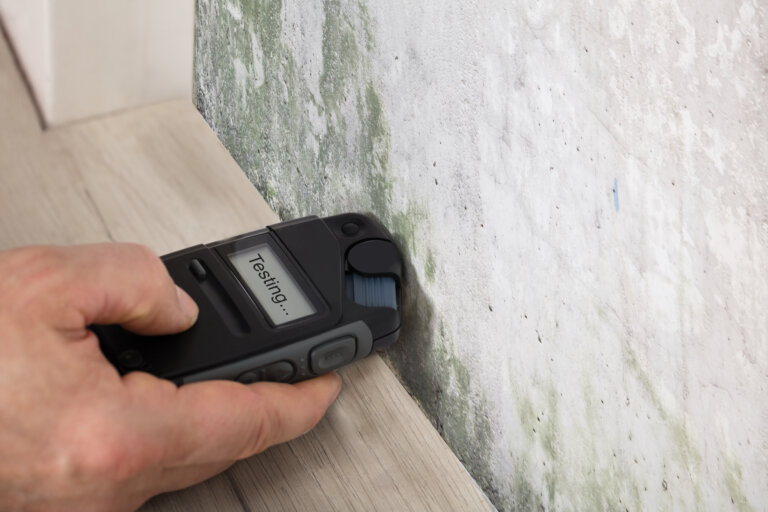When it comes to mold infestation in rental properties, landlords have a clear obligation to maintain a habitable condition and it is important that tenants understand their rights. By learning about the duty to disclose and the responsibilities that landlords have, you can navigate the complexities of mold issues effectively. An environmental attorney at Thompson Injury Law can help you understand your rights as a tenant so that you can feel comfortable living in your home in safety.
California Law
California law recognizes that mold can pose serious health risks, especially for vulnerable individuals. Tenants have the right to live in a rental unit that is free from mold-related hazards and conducive to their well-being.
Landlords in California are legally required to disclose any known mold problems or past mold-related incidents to tenants before they enter into a rental agreement. This duty to disclose ensures that tenants are aware of potential risks associated with mold and can make informed decisions about their living arrangements before they choose a place to live.
Tenants’ Rights Concerning Mold
Tenants have clear rights when it comes to mold infestation in their rental units. First and foremost, tenants have the right to a habitable living environment that is free from mold-related hazards. If mold is present, tenants are entitled to proper remediation and repairs. They should promptly report any mold issues to their landlord and expect timely action to address the problem. In addition, they do not bear the burden of mold remediation costs unless they themselves are directly responsible for the mold growth.
It’s important to report maintenance issues to the landlord as soon as they become apparent, especially if there has been a leak or a flood on the rental property. In addition, tenants should maintain a record of all mold-related correspondence. By asserting their rights and actively engaging in the resolution process, tenants can ensure their health and well-being are protected.
Landlords’ Obligations
Landlords have clear obligations when it comes to mold prevention and remediation in their rental properties. They are responsible for implementing proactive measures to prevent mold growth, such as addressing any water leaks or excessive moisture issues promptly. Regular inspections and maintenance should be conducted to identify and rectify conditions that may contribute to mold development.
In the event of mold infestation, landlords must take immediate action to fix the problem. This includes hiring qualified professionals to assess the extent of the mold, remove it, and address the underlying cause. Landlords must bear the costs associated with mold remediation, as it is their responsibility to provide a habitable living environment.
Landlords’ Liability for Mold
If a landlord does not address a mold issue in their rental property, they may be liable for damages suffered by the tenant. If a tenant suffers harm or incurs medical expenses as a result of the landlord’s negligence, the landlord may be held legally responsible.
Tenants’ Rights if the Landlord Fails to Remove Mold
If a landlord fails to remove mold despite being notified by the tenant, the tenant retains certain rights to protect themselves. They may have the right to withhold rent or take legal action against the landlord for breach of the warranty of habitability. They may also have the right to terminate the lease agreement if the mold issue poses a serious health hazard and the landlord fails to address it in a timely manner.
What To Do If You Think Your Rental Has Mold
If you think you have been exposed to mold in your rental home, contact Thompson Injury Law. By exercising your rights as a tenant, you can seek resolution and ensure a safe living environment free from mold-related hazards. Get in touch with us today to learn more.


